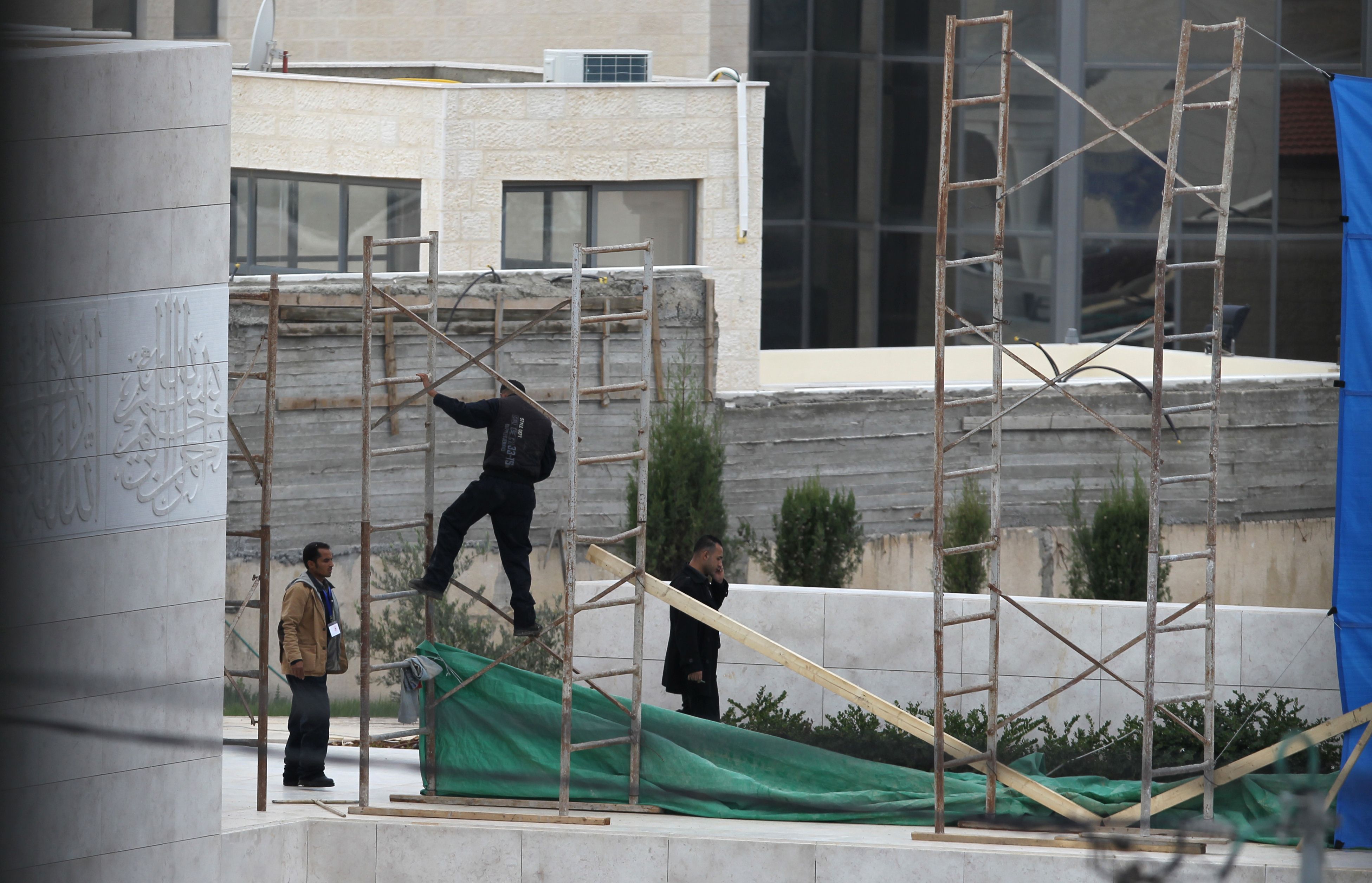GENEVA: The United Nations human rights office called on Friday for a full investigation into the death of Libyan leader Moamar Qaddafi and voiced concerns that he may have been executed.
Images filmed on mobile phones before and after Qaddafi’s death showed him wounded and bloodied but clearly alive after his capture in his hometown of Sirte on Thursday, and then dead amidst a jostling crowd of anti- Qaddafi fighters.
"There’s a lot of uncertainty about what happened exactly. There seem to be four or five different versions of how he died," UN human rights spokesman Rupert Colville told Reuters Television in an interview.
"If you take these two videos together, they are rather disturbing because you see someone who has been captured alive and then you see the same person dead.
"We are not in a position to say what has happened at this point but we feel that it is very important that this is clarified, that there is some sort of serious investigation into what happened and what caused his death," he said.
Asked whether the office of the UN High Commissioner for Human Rights Navi Pillay was concerned Gaddafi may have been executed while in captivity, Colville replied: "It has to be one possibility when you look at these two videos. So that’s something that an investigation needs to look into."
Qaddafi’s body lay in an old meat store on Friday as arguments swirled over his burial and the circumstances of his death.
With a bullet wound visible through the familiar curly hair, the corpse shown to Reuters in Misrata bore other marks of the violent end to a violent life that was being broadcast to the world in snatches of grainy, gory cellphone video.
A television station based in Syria that supported Qaddafi said on Friday that the slain Libyan leader’s wife had asked for a UN investigation into his death.
Colville said it was is a fundamental principle of international law that people accused of serious crimes should be tried if possible. The International Criminal Court (ICC) issued arrest warrants in June for Qaddafi, his son Saif Al-Islam and their intelligence chief for crimes against humanity.
"Summary executions are strictly illegal under any circumstances. It’s different if someone is killed in combat. There was a civil war taking place in Libya. So if the person died as part of combat, that is a different issue and that is normally acceptable under the circumstances," he said.
"But if something else has happened, if someone is captured and then deliberately killed, then that is a very serious matter," he said.
Libya’s interim Prime Minister Mahmoud Jibril said Qaddafi was killed in "crossfire" while being brought to hospital after his capture. A doctor who examined Qaddafi’s body said he had been fatally wounded by a bullet in his intestines.
But a senior interim ruling National Transitional Council source told Reuters Qaddafi was killed by his captors: "While he was being taken away, they beat him and then they killed him," the source said. "He might have been resisting."
In one of the videos that emerged, Qaddafi is hauled by his hair from the hood of a truck. Someone shouts: "Keep him alive!"
Gaddafi disappears from view and shots ring out.
An international commission of inquiry, launched by the UN Human Rights Council, is already investigating killings, torture and other crimes in Libya.
Colville said he expected that the team, now headed by former ICC President Philippe Kirsch, would look into the circumstances of Qaddafi’s death and make recommendations about the need for either a full national or international probe.

